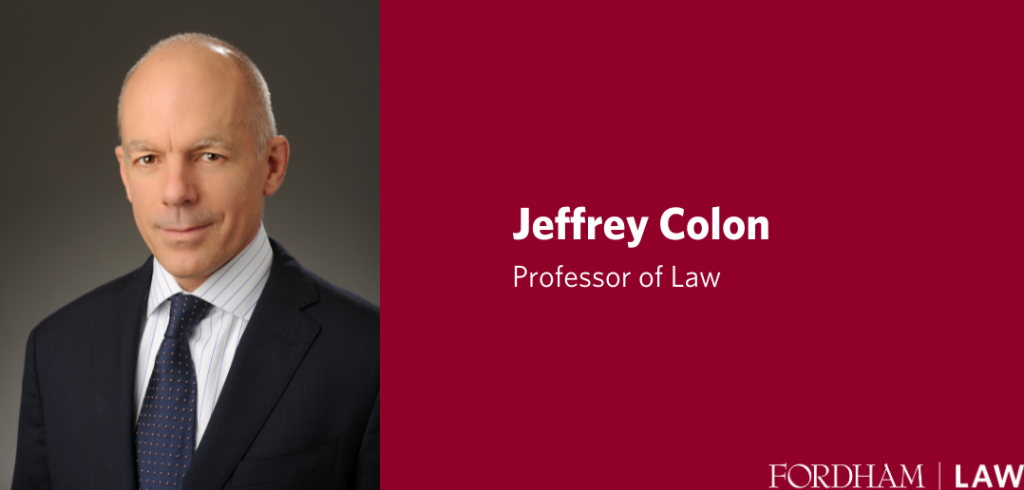Fordham Law Professor Jeffrey Colon spoke with The Daily Upside about the obscure exchange-traded funds (ETF) tax perk for wealthy investors, which he predicts will draw more attention from Congress.
Importantly for companies focused on this tax technique, the legislation, as currently worded, would not apply retroactively. Firms such as Cambria Investments and Alpha Architect offer 351 exchange ETF services, and some RIAs have started up ETFs with clients’ SMA assets, said Jeffrey Colon, a tax law professor at Fordham University. Alpha Architect is preparing its US Equity ETF (AAUS), which has a minimum investment of $1 million for contributed portfolios and is slated for a July 23 launch. By moving assets to an ETF, wealthy investors can effectively adjust their portfolios with no immediate tax consequences, Colon said. “That’s not an income tax system we should have. I call it a tax arbitrage,” he said. “Congress really should look at this.”
…
Limitless: ETFs can use “heartbeat” trades to avoid taxes on capital gains and dividends, and the tax-deferral element of 351s mean that portfolios can function like giant Roth IRAs, Colon noted. And if people stay invested until death, the capital gains may never be taxed, thanks to large exemptions for inherited assets. But ETFs focusing on 351s will likely draw more attention from Congress, Colon said. “It violates a lot of norms of good tax policy to do these transactions through an ETF that can’t be done outside an ETF.”
Read “ETFs Built On Tax Advantage Draw Congressional Scrutiny” in The Daily Upside.

